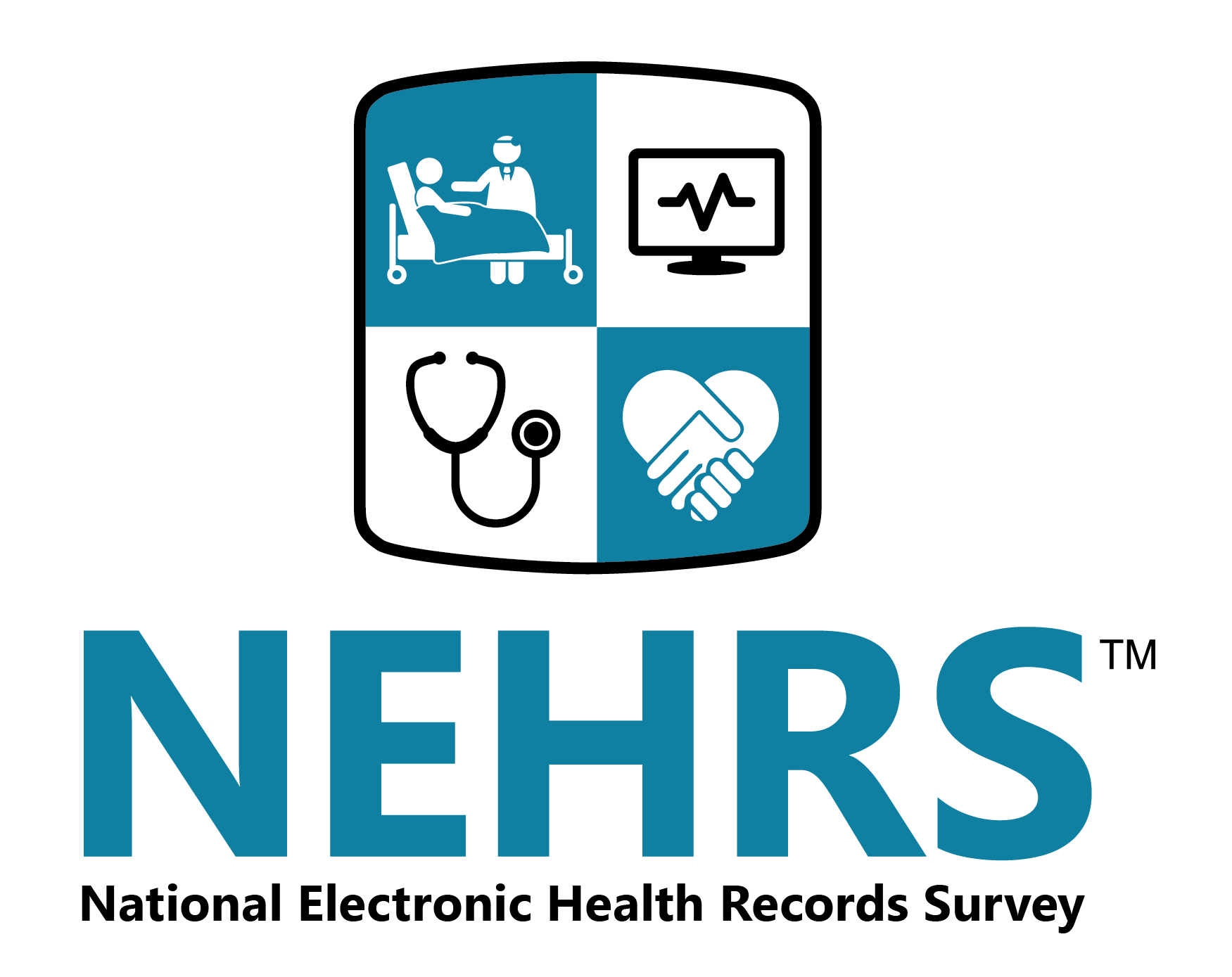

The National Electronic Health Records Survey (NEHRS) is an annual survey that measures the progress U.S. physicians and their offices have made in adopting electronic health records (EHRs). The survey also monitors health information exchange, including interoperability, and the burden associated with EHRs.
Health information exchange is the sharing of health record information between and with different providers and facilities. Electronic health records systems are interoperable when they can share usable information directly from system to system.
NEHRS began in 2008. It initially was an annual mail supplement to the National Ambulatory Medical Care Survey (NAMCS). In 2010, NEHRS expanded to measure EHR adoption rates across all 50 U.S. states and the District of Columbia. NEHRS became a standalone survey, conducted separately from NAMCS, in 2012.
The Office of the National Coordinator for Health Information Technology sponsors NEHRS. The National Center for Health Statistics (NCHS) works with RTI International, a non-profit research organization, to conduct NEHRS.
NEHRS collects data about electronic health record use from office-based physicians practicing in the United States. NEHRS does not collect data from physicians who are employed by the federal government. NEHRS also does not collect data from anesthesiologists, radiologists, and pathologists.
Currently, NCHS collects NEHRS data through a web survey and paper questionnaire. Previously, NCHS also collected NEHRS data by telephone.
NCHS publishes NEHRS reports and summary web tables to describe how many physicians have adopted EHRs and how quickly physicians are adopting EHRs. In producing these resources, NEHRS staff prioritizes protecting the privacy of providers and practices.
Public use data files (PUFs) are available to download. All potentially identifiable information about providers has been removed from PUFs to ensure the confidentiality of respondents.
To access restricted NEHRS data, investigators must submit requests in the Standard Application Process portal. Restricted data files are available through NCHS's Research Data Center (RDC) for a fee. The RDC provides instructions for preparing and submitting an application to access restricted data.
Find data documentation for these datasets at Questionnaires, Data Sets, and Documentation.
Results from NEHRS provide data to track the adoption and use of EHR systems. Researchers can use NEHRS data to produce state and national estimates of adoption, capabilities, and burden.
NEHRS also monitors physicians' progress toward meeting the policy goals of the Health Information Technology for Economic and Clinical Health (HITECH) Act.
In recent years, survey data have been used to—
Visit these websites to learn more about current healthcare provider surveys, and the survey that previously collected data about electronic health records.